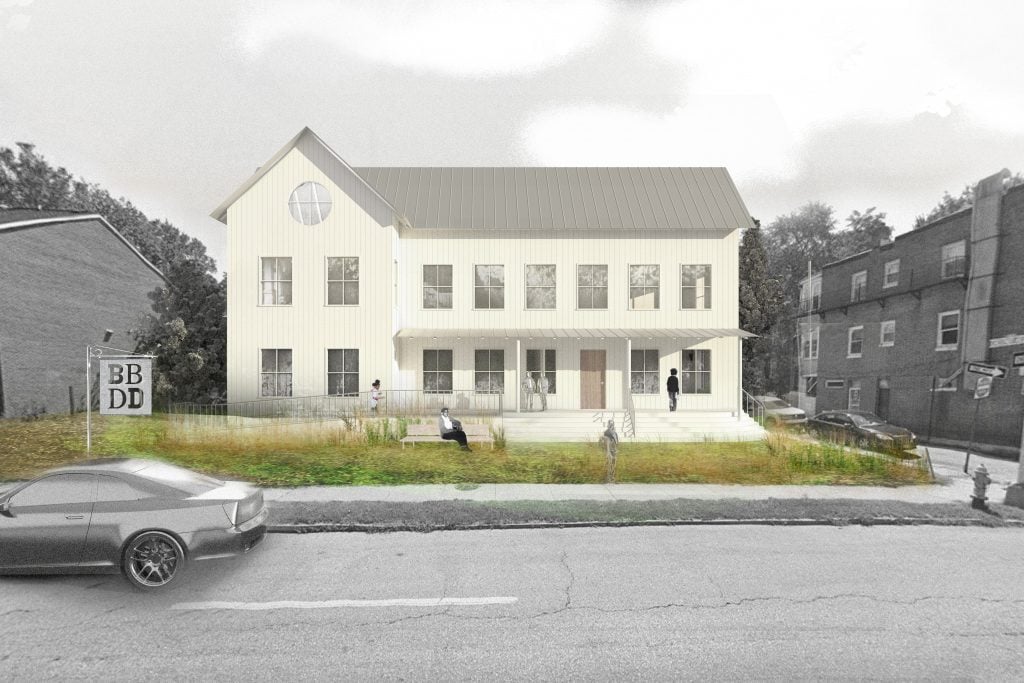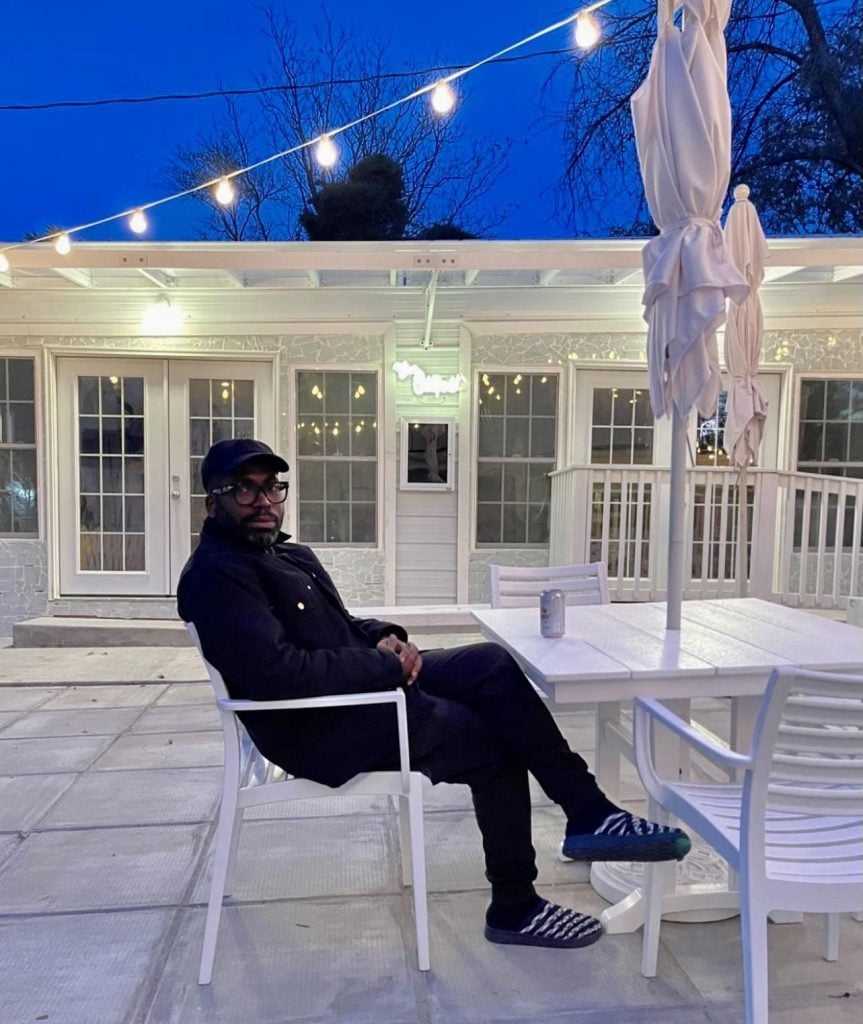Art World
Artist Derrick Adams Wins $1.25 Million From the Mellon Foundation to Start a Database Documenting the Black Culture of Baltimore
The archive will catalogue local achievements in art, entrepreneurship, and other areas.

The archive will catalogue local achievements in art, entrepreneurship, and other areas.

Artnet News

This week, the Andrew W. Mellon Foundation announced that it will award $1.25 million to the Black Baltimore Digital Database, a new archive cataloguing important cultural contributions by Black Baltimoreans.
Conceived by Baltimore-born, Brooklyn-based artist Derrick Adams as a “collaborative counter–institutional space,” the database will catalogue locals’ achievements in areas as varied as arts, entrepreneurship, literature, music, science, and sports, according to the announcement. The database will be developed over the next three years, with the Mellon Foundation supporting two years of organizational capacity.
“The Black American experience has strong roots in Baltimore—I am both honored and eager to share this project with the city,” Adams said in a statement. “It will live as a modernized historical society, whose dedication is equally important and inclusive.”

Derrick Adams at the Last Resort Artist Retreat, 2021.
With the funding, the database will set up shop in a new building in the city’s historic Waverly neighborhood. It will feature a gallery (named after the late Baltimore photographer I. Henry Phillips, Sr.,), a digital archive lab, and a screening room, as well as a cafe and gift shop that will spotlight local Black-owned businesses.
The Baltimore Museum of Art and the Johns Hopkins campus are in close proximity to the future site of the database. It is also near Last Resort Artist Retreat, a residency program for Black creatives that was also founded by Adams. The two upstart initiatives will work together closely and collaborate on programming. Charm City Cultural Cultival, a local non-profit supporting cultural projects in Baltimore’s inner city, will also contribute to programming efforts.
“Our goal,” Adams explained, “is to provide a distinct entry point for a wider network of initiatives. This will not only support our archival endeavors, but also local community building—social engagement through events, workshops, and conversation.”